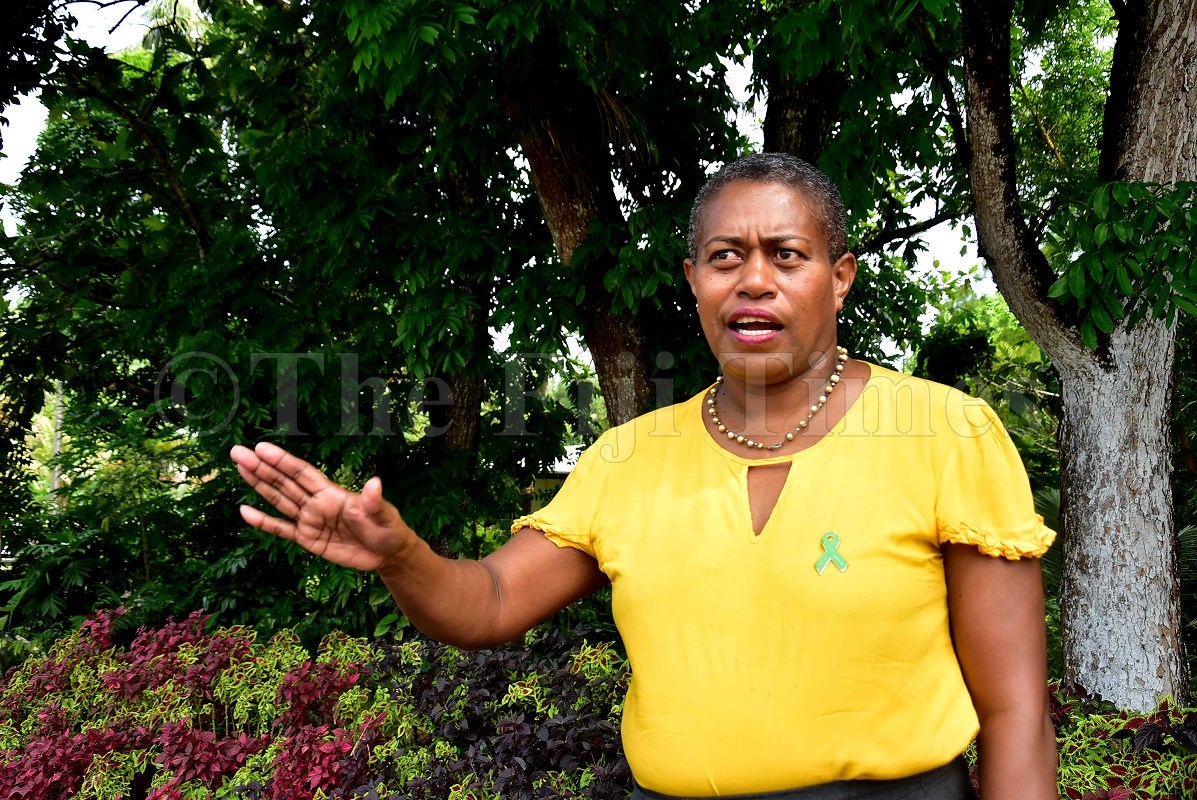Police aggression, violent movies and the way some of our leaders behave could be contributing to the high percentage of violent discipline amongst Fijians and poor families in the country, says psychotherapist Selina Kuruleca.
She said the violent way people disciplined their children could be because of the high stressors of everyday living and meeting needs for survival, a cycle that needed to be broken.
Ms Kuruleca said this in response to the results of the Fiji Multiple Indicator Cluster Survey 2021 that more than 80 per cent of children in Fiji experienced some form of violent discipline.
She said learning, dealing and addressing ill-discipline or difficult behaviour was often met with harsh reprimand and that was because of a number of reasons. “They don’t have the time, patience, skills, common sense and fortitude to address issues in a more calm way,” she said.
“Parents and carers are frustrated and take it out on their defenceless little people.
“Many were brought up in such environments and so don’t know or do know and don’t want to try alternative methods of discipline.
“It’s modelled all around our society from police aggression to the movies we watch to the ways some our leaders behave – so people think it’s the only way.”
She said parenting classes, use of faith-based organisations, youth groups and health promoting school (HPS) programs to talk about alternatives and learn was a way forward.
“When we take away one form of discipline, we need to ensure we provide alternatives that are culturally appropriate and within the law.
“We also need to look at the laws — ensure that we make it relevant and contextualised to Fiji especially the CRC (Convention on the Rights of the Child).”
Ms Kuruleca said harsh discipline pushed children to internalise problems and this could lead to further mental health issues.
“Self-esteem is destroyed, children may start withdrawing, depression may start, they may engage in other behaviours such as drug and alcohol use.
“The child may harbour resentment and continue the trend when they have their own family.
“Unless there is a concerted effort to break the cycle, this will continue.
“There is discipline where you teach the child then there is violent aggressive discipline, the discipline and the crime don’t fit.”
She said the onus was on parents and carers to reassess the situation at home and look at alternative forms of discipline.
“You were a child once, what would you have liked to happen?
“Use new strategies —if you have been beating your child for the past few weeks, months or years but behaviour hasn’t improved, then this obviously means that the strategy isn’t working.”

